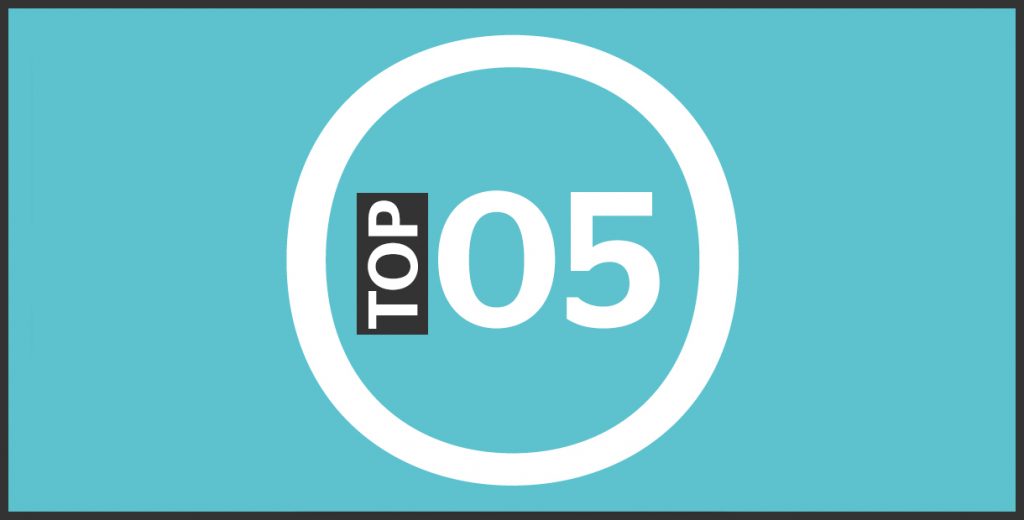If you are making music, here are the top five things you need to do to get copyright matters sorted.

01: Always talk about copyright with your collaborators
Whenever you collaborate with other people on making music you need to have a conversation about copyright.
Who will own the copyright in each song and each recording that you create? If multiple people are going to co-own each copyright, you also need to to discuss and agree what percentage share each co-owner will get.
Once all that has been agreed you should make sure that there is a written record of the agreement.

02: Join the music industry’s collecting societies
Once music you have made is being performed or played, you should think about joining the music industry’s collecting societies.
That way you can log your music with the industry’s databases and earn royalties whenever your music is broadcast, and played or performed in public.
For your recordings, you can join PPL. If you are self-releasing your music you basically join PPL twice, as a copyright owner and as a performer. If you only perform on music other people release, you still join as a performer.
For your songs, remember there are two societies, PRS for performing rights and MCPS for mechanical rights. If you are not working with a publisher or rights administrator, you would usually join both. If you are working with a publisher or rights administrator, you still join PRS, but you wouldn’t join MCPS.

03: When you put out new music, update the databases
PPL manages the music industry’s database of recordings and PRS the music industry’s database of songs.
So every time you put out a new recording you need to log it with the PPL database, including information on who owns the copyright and all the performers who appear on the record.
And every time you put out a new song you need to log it with the PRS database. If the song copyright is co-owned you need to list all the co-owners and what their respective shares are.
If you start working with a label on your recordings and a publisher on your songs, they will usually take responsibility for logging new music with the databases.

04: Pick a distributor – and remember your song royalties
Most music-makers initially get their music onto the streaming services via a DIY distributor, which are companies that will provide distribution services to anyone in return for an upfront fee and/or an ongoing commission.
These companies get your music into all the key streaming services and, when your music is streamed, collect the royalties you are due and pay them back to you. Some distributors also offer other services.
However, remember that when your music is streamed both the recording copyright and the song copyright are being exploited. Distributors usually only collect the recording royalties. If you also wrote the song you are also due royalties for the song copyright.
If you are not working with a publisher or rights administrator, then PRS and MCPS will collect these royalties for you (50% of the money will go through PRS and 50% will go through MCPS).
If you start working with a label on your recordings they will take over the distribution of your tracks.
And if you start working with a publisher or rights administrator on your songs, they might also take over the collection of your song royalties from the streaming services. Though even where that is the case, you will still usually receive some of your streaming money via PRS.

05: If you perform your own songs live make sure to tell PRS
One of the challenges with music licensing – and especially collective licensing – is knowing which music has been played when, and therefore who needs to be paid.
The truth is the music industry doesn’t always know what specific songs and recordings have been used and has to estimate payments.
However, if you perform your own songs live you can let PRS know, which means they can make sure you get the royalties you are due from that live performance.
Check the PRS website for details on how you can provide this information.


